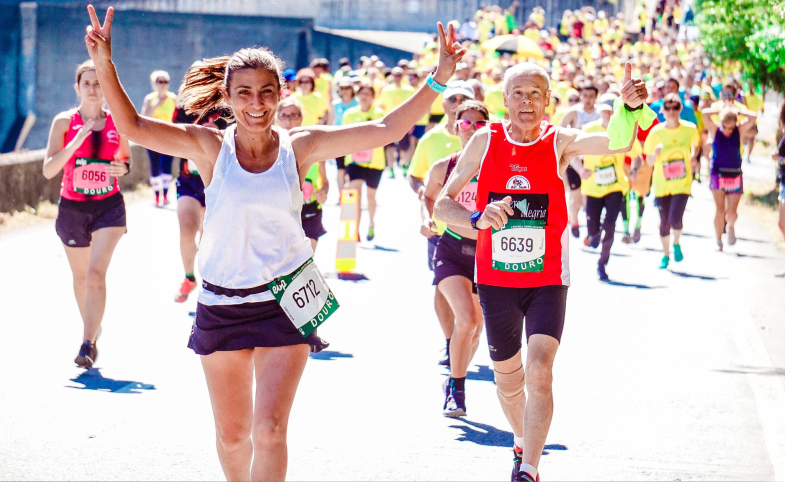The CPD Blog is intended to stimulate dialog among scholars and practitioners from around the world in the public diplomacy sphere. The opinions represented here are the authors' own and do not necessarily reflect CPD's views. For blogger guidelines, click here.

Running as Soft Power
Running can be a quiet form of diplomacy that reaches beyond borders, ages, and language.
It can also be an economic driver for cities. Brand Finance reported in May this year that Seoul International Marathon contributed $27 million to the city in terms of economic impact. According to Brand Finance’s data, the world’s top fifty marathons (New York City, Tokyo, Seoul, Paris etc) generated around $5.2 billion for economic impact in 2024. These marathons also serve as a dialogue between a city and the world. Each city holds special story and its own flavor of hospitality that can contribute to tourism.
In addition to international marathons in world’s major cities, running itself and running clubs saw a steady increase over the past several years. Strava, a popular mobile app that tracks movement, reported a 59% increase in global participation in running clubs in 2024. Running clubs are accessible for both athletes and non-athletes, widening their reach. While well-known sporting events take place periodically and receive funding, running clubs for non-athletes are totally voluntarily and free of charge in most cases.
Running creates a sense of community with people from different backgrounds, unites people, generates revenue for the city and more. Most running clubs organize post-exercise "hangs outs" complete with drinks, food, and socializing. In this way, running clubs can also generate revenue for the city. Take, for example, a Texas city where some small business are hitting their stride thanks to the rising run clubs. Moreover, some focus on supporting specific local businesses.
"In a world where we are divided by borders, running is a marker of progress, diplomacy in motion, and proof that we can all move forward together, peacefully."
Similarly in Ulaanbaatar, Mongolia, where I currently live, the running trend has expanded in recent years. Unlike other cities, Ulaanbaatar is, unfortunately, the coldest capital, which makes it difficult to run during the winter--when temperatures plummet as low as -40 Celsius. Yet still there are many brave runners who still brave the winter cold, relying on the right clothes and preparation.
The running trend is relevant to the conversation of sports diplomacy. For generations, we have seen how sports are an effective tool of diplomacy, with the Olympics, World Cups, and other international and regional sports competitions and events. The cities that host these major sporting events often earn economic benefits--as we are seeing with major marathons. And in a more intangible sense, sports are a wonderful tool for connecting people, fostering mutual understanding, and promoting peace. In today’s world, not only physical sports but also e-sports have begun playing a crucial role in promoting inclusivity and building bridges.
In addition to its unifying effect, running can also be a form meditation and a mood booster. Running in a group helps build community and create connections. Running a marathon can be an act of diplomacy, reflecting mutual interest and and communal peace. One example is "Run for Peace," an initiative in Malaysia inspired by the United Nation’s Sustainable Development Goals.
Whether you run in your small village, participate in the Berlin marathon, go for a jog in sports halls, or run on the treadmill, running is free and it reminds us that we all belong to the same planet. When running in different cities, you gain different perspectives, meet new people, learn something new, and most importantly you represent your own country and city--how cool is that! In a world where we are divided by borders, running is a marker of progress, diplomacy in motion, and proof that we can all move forward together, peacefully.
Visit CPD's Online Library
Explore CPD's vast online database featuring the latest books, articles, speeches and information on international organizations dedicated to public diplomacy.
POPULAR ARTICLES
-
January 29
-
January 20
-
January 28
-
January 2
-
January 8
Join the Conversation
Interested in contributing to the CPD Blog? We welcome your posts. Read our guidelines and find out how you can submit blogs and photo essays >.









